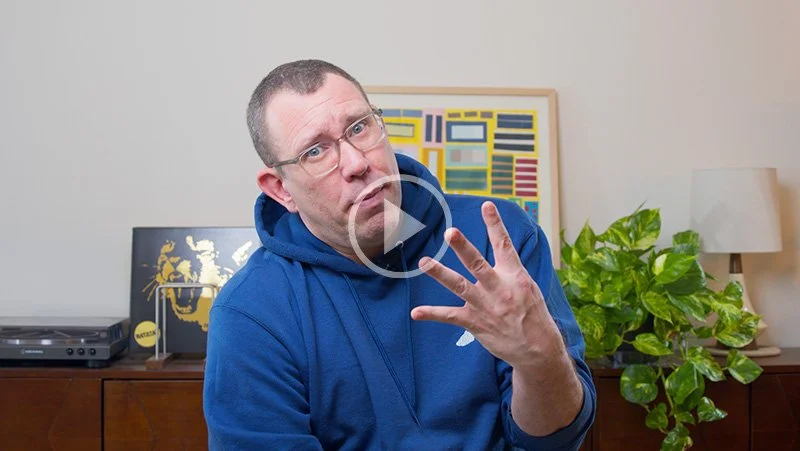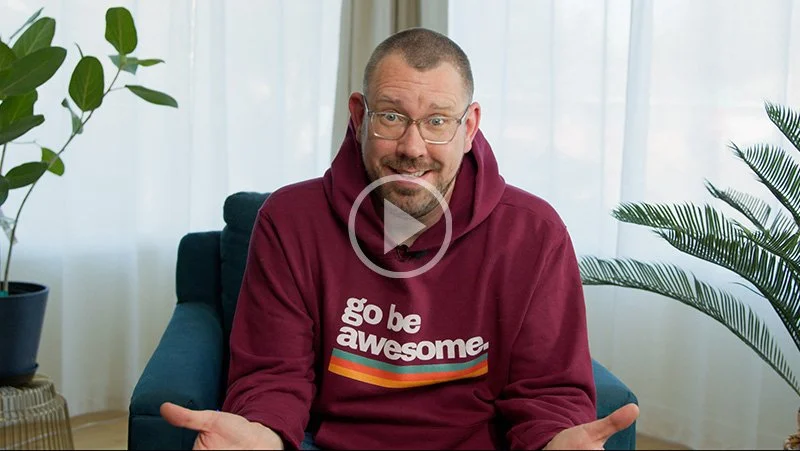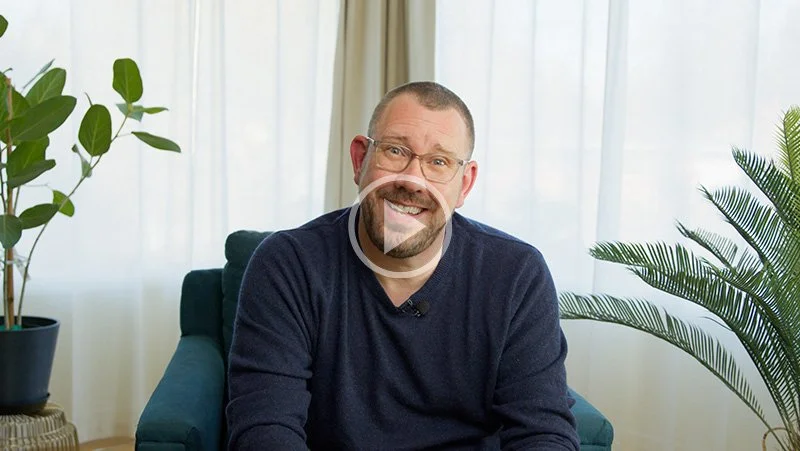Breaking Down Silos & A Car With No Engine
Welcome to the #shiftyestribe! Every Tuesday, Galen Emanuele emails tools to advance leadership skills, team culture, and personal growth. Relevant, authentic, no spam. Sign up now to get it in your inbox.
The topic of “us versus them” attitudes at work, and silos between departments comes up a lot in organizations. It is so destructive and unfortunately also really common.
For the most part “us versus them” dynamics stem from a lack of understanding, connection, and awareness. Also, it is almost always a symptom of a company that does not have an intentional, clearly defined culture, which lands squarely on the plate of leadership and is often missing from organizations. Mindsets, attitudes, and behaviors start at the top and get reinforced and endorsed down the line.
But let’s dive into some mindsets and actions that you can take to turn things around right now, regardless of the state of your workplace culture.
“For the most part “us versus them” dynamics stem from a lack of understanding, connection, and awareness.”
The most important part of a car
A way that I like to frame this up is that an engine is not the most important part of a car. In fact, without the rest of the car an engine is just a useless, noisy heap of metal parts on the ground. Every part of the machine contributes to the whole (tires, seats, a windshield, headlights), and they’re all required and important for a car to function.
I think it's easy for us as humans to picture ourselves as the engine, like “I'm the most important part of this car,” but try to go somewhere without wheels, or drive at night in the pitch black while it’s pouring down rain and ask yourself how important wiper blades are now?
Every function of an organization is crucial to make the entire machine work.
“... try driving at night in the pitch black while it’s pouring down rain and ask yourself how important wiper blades are now?”
Empathy & understanding
One way to combat these attitudes is to establish higher understanding and empathy between departments. One way to accomplish that is through job shadowing.
Have employees in different departments each exchange an hour or two to come and shadow each other’s jobs. In the process they can learn more about each other’s scope of work, their workload, what they deal with every day, and their challenges and pain points. This automatically creates more understanding of how both of their work impacts the other.
Having higher empathy and connection between departments will greatly reduce conflict, frustration, and most certainly erase the continuation of “us versus them” attitudes. Like Brené Brown says in her book Braving the Wilderness, “People are hard to hate from close-up, so move in.”
Also, “they” are humans
Another element of all this is to humanize workplaces. Take it upon yourself to go out of your way and get to know people in other departments.
“As humans we are always more willing to bend over backwards for people that we know personally and that we like.”
Other people at work aren't just job titles on an org chart — they're human beings, just like you. Knowing personal things and having a connection with other people in other departments not only leads to less division and conflict, but it will make your life easier.
If you need a favor from someone in another department it’s a lot easier to go ask for it from someone that you have a connection with. As humans we are always more willing to bend over backwards for people that we know personally and that we like. Likewise, if you have an issue with another department it’s obviously much easier to resolve it and work things out when you don’t have a negative attitude towards each other.
Ultimately it’s about accountability
Be the kind of person who takes accountability to reject any “us versus them” mindsets or behavior. Take it upon yourself to go in, ask questions, learn, listen, and be willing to ask “How can I show up differently to change this?” or “How can we resolve these things together in a way that helps both of us?”
“These things show high emotional maturity, self awareness, and some key elements of what great leaders are made of.”
In regards to your career, you make yourself incredibly more valuable as an employee and part of a team if you are the kind of person to bridge those gaps, actively remove them, and not perpetuate those types of divisions at work. These things show high emotional maturity, self awareness, and some key elements of what great leaders are made of.
And maybe you have some lingering static with someone or another department. It’s also unfortunately common to have a history of tension that results in unresolved bad blood between people or teams. I recommend you check out our video on How to Deal with Difficult Coworkers (5 mins) for some help on how to effectively navigate and repair those situations. It’s worth it, go do it.
Remember that every function in a company serves the the same greater purpose of delivering a product or service, or serving your clients; all functions matter and they’re all important. Don’t see yourself as the engine, see that you’re part of the car as a whole.
Want more?
This article was created by keynote speaker Galen Emanuele for the #shiftyestribe. Free leadership and team culture content centered on a new focus every month. Check out the rest of this month's content and subscribe to the Shift Yes Tribe at http://bit.ly/jointheshiftyestribe











